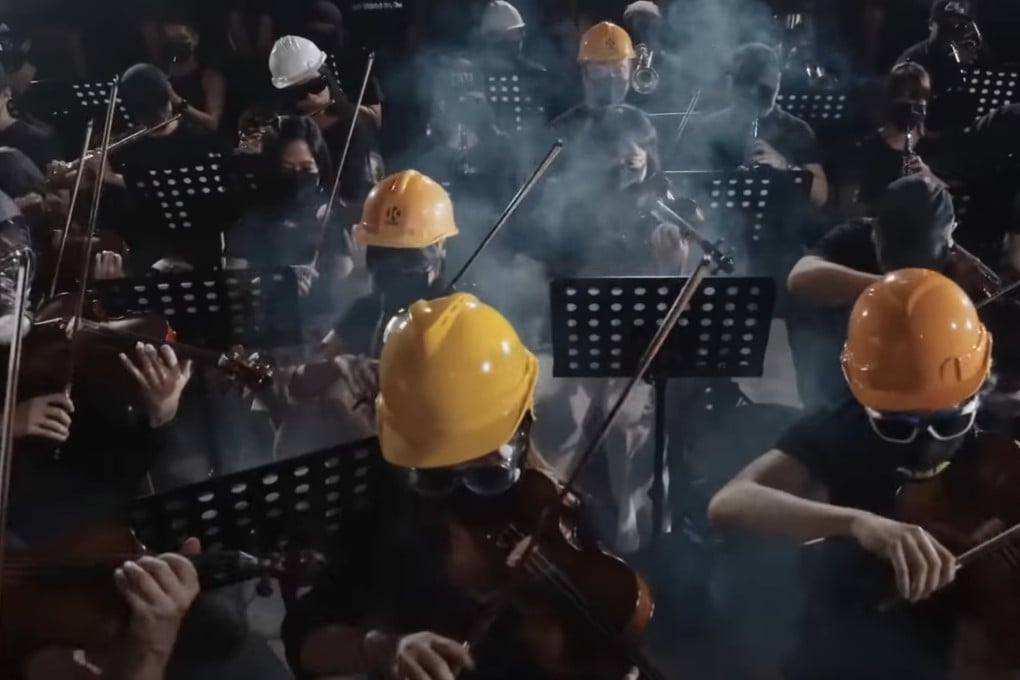New arguments in fresh court bid to ban protest song ‘Glory to Hong Kong’ revealed by government
- Justice Department lawyers insist ban can be implemented without ‘chilling effect’ highlighted in original refusal of injunction against song by High Court
- Government lawyers say ban will ‘amplify deterrent effect’ as prosecution difficult because fake names used to circulate song

After the Court of First Instance last month gave the green light for the appeal, the department said that Mr Justice Anthony Chan Kin-keung of the High Court had erred in his finding that an injunction could bring about a “chilling effect”.

The government’s lawyers said the proposed ban was designed only to target unlawful acts that endangered national security.
“It is thus plainly wrong to take into account that perfectly innocent people would distance themselves from what may be lawful acts involving the song if the injunction is granted,” the amended notice of appeal said.
“The criminal law has already carried a deterrent effect. Those sailing close to the wind in case of doubt should not do it.”
Several additional arguments were submitted to the appeal court on September 6 and a hearing is expected to take place on December 19.
The government argued that the lower court failed to consider the importance of the preventive nature of the ban.
